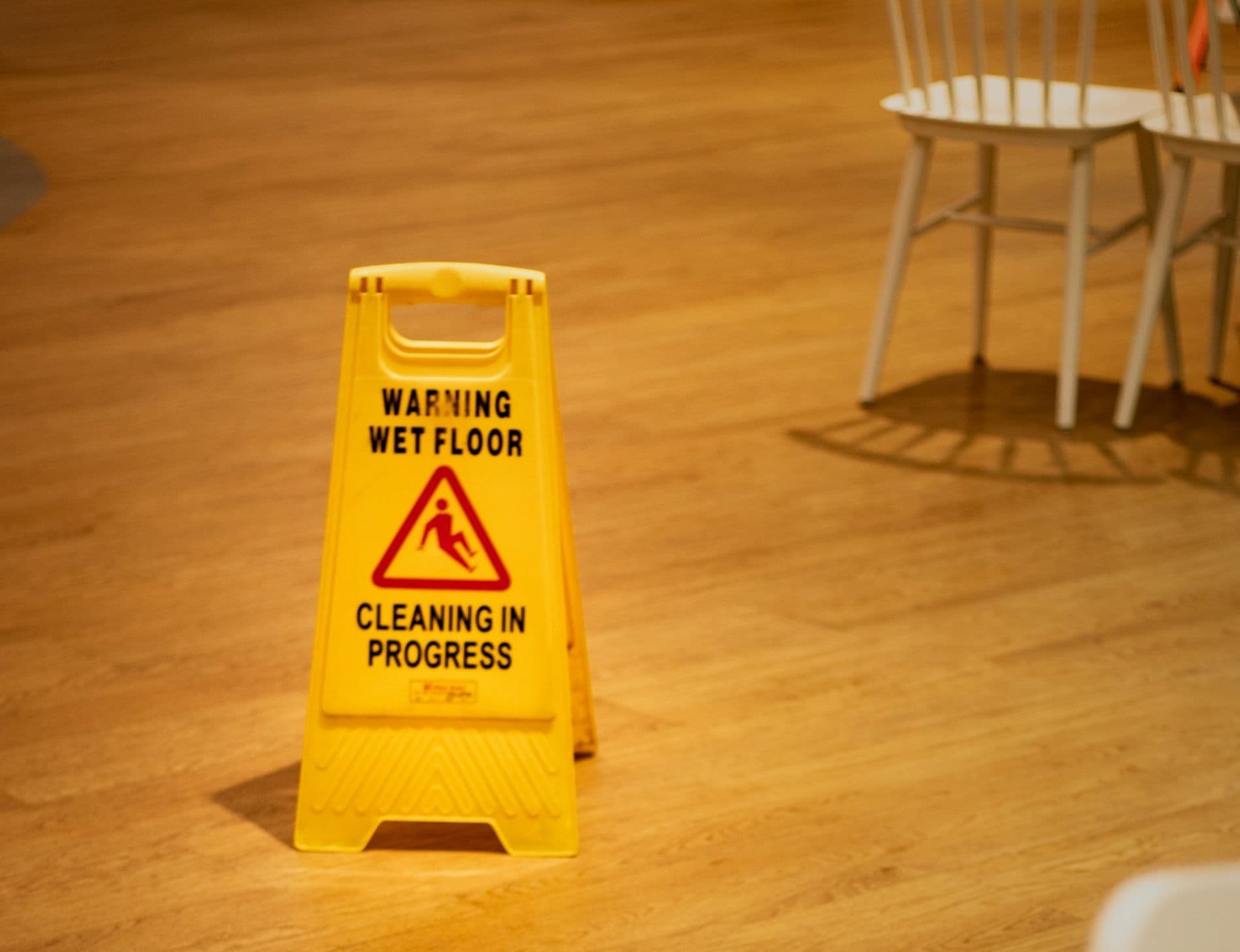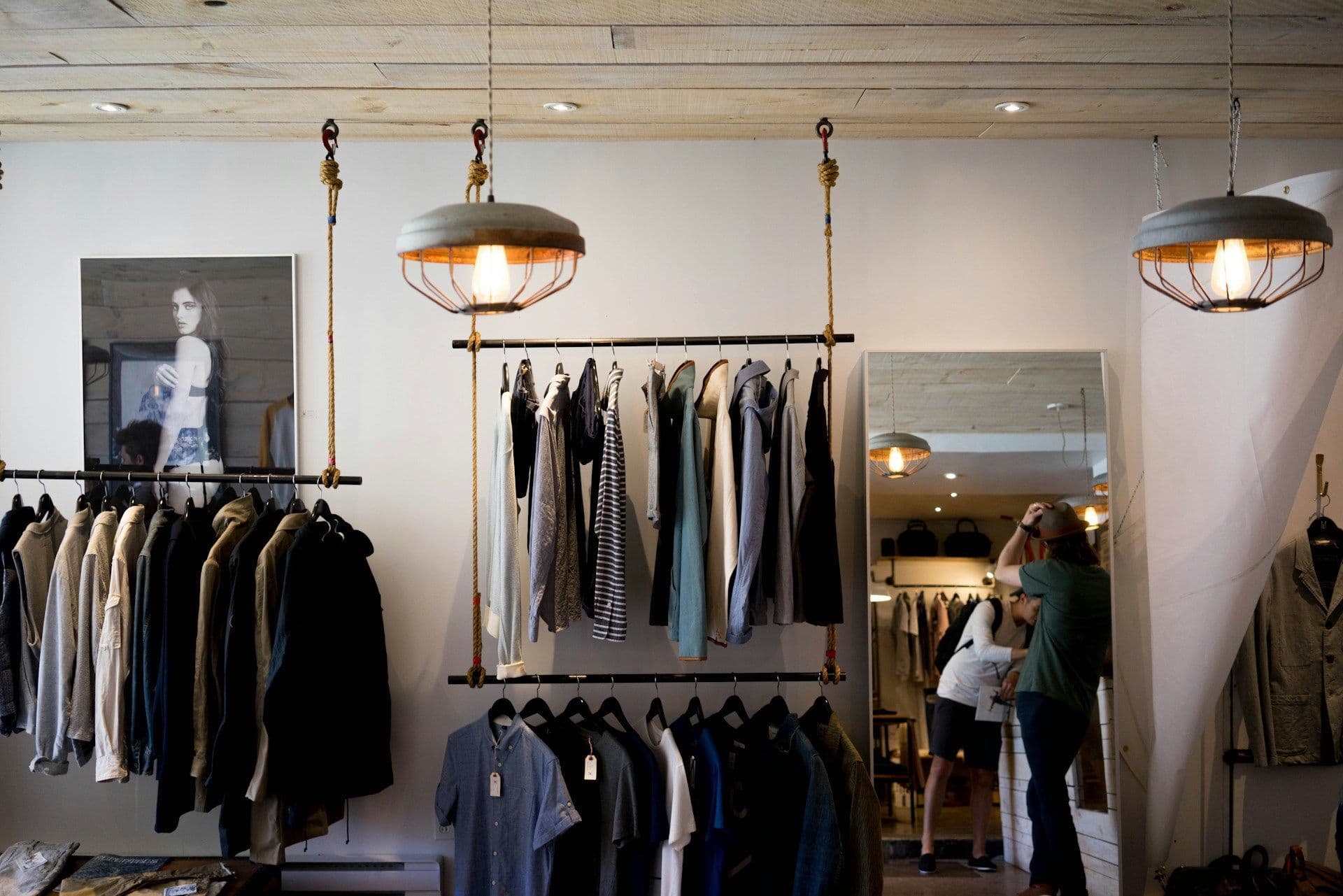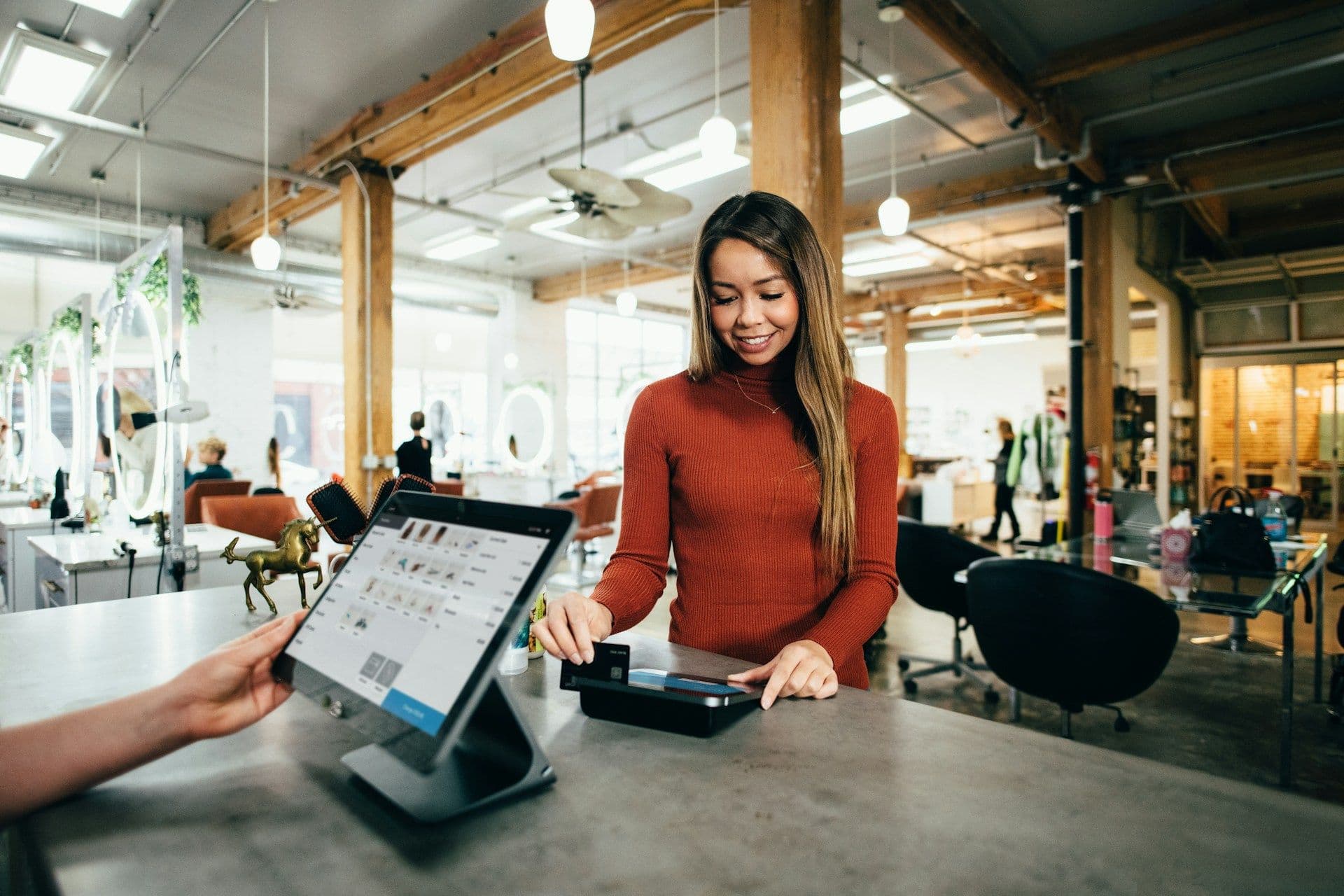Public Liability for Retail: What if a Customer Slips in Your Store?

As a retail business owner, you've taken every precaution. Your floors are clean, aisles are clear, and safety signs are in place. But in the bustling environment of a store, accidents can happen. A customer could slip on a recently mopped floor, trip over a misplaced item, or be hit by a falling product.
While a minor incident might be quickly resolved, a serious injury could lead to a costly legal battle, significant financial strain, and damage to your brand's reputation. This is where Public Liability insurance becomes your business's critical safety net.
What is Public Liability Insurance?
Think of Public Liability insurance as the ultimate protection against a "worst-case scenario" accident. It is a type of business insurance that protects you from claims of negligence by a third party, like a customer, visitor, or supplier, who has suffered bodily injury or property damage because of your business operations.
While it is not legally required in Singapore, it is a vital safeguard that covers:
- Legal Defence Costs: The massive costs of defending your business in court, regardless of the outcome.
- Compensation Payouts: The money awarded to the injured party for their pain and suffering, medical bills, and loss of income.
- Medical Expenses: The costs of immediate medical treatment for the injured party.
Why is it Critical for Retail Businesses?
Retail stores have a high degree of interaction with the public, which inherently increases your risk exposure. A slip-and-fall is the most common example, but other incidents could include:
- A customer being injured by a falling stack of merchandise.
- A child's stroller being damaged by a loose floor tile.
- An employee accidentally knocking over a customer's personal belongings.
The financial impact of just one successful claim can be staggering. A recent case in Singapore saw a woman who slipped on a wet floor at Changi Airport awarded over $20,000 in damages. In another instance, a customer who fell at a restaurant and suffered a back injury was awarded $40,000. These real-life examples show how a simple accident can result in a hefty financial hit, making public liability insurance a smart and cost-effective form of risk management.
The "What If": A Practical Guide to a Slip-and-Fall Incident
If a customer slips and falls in your store, it’s crucial to act calmly and follow a clear protocol to protect both the individual and your business.
- Prioritize the Individual's Safety: The first thing you do is check on the injured customer. Offer immediate assistance and call an ambulance if it looks serious. Show genuine concern without admitting fault.
- Document Everything: As soon as you can, you or a staff member should document the incident. Take photos of the scene—including the cause of the fall (like the puddle or object), the surrounding area, and any warning signs that were in place.
- Gather Information: Get the date, time, and exact location of the incident. It is also critical to get the name and contact information of the injured person and any witnesses.
- Do Not Admit Fault: This is crucial. Never, ever admit fault or say "I am sorry" in a way that implies blame. This can compromise your insurance claim. Simply express concern for their well-being.
- Notify Your Insurer: Report the incident to your public liability insurance provider immediately. They will guide you through the claims process and handle all communication with the third party.
Conclusion
In a retail environment, a slip-and-fall is not just an inconvenience—it is a potential financial catastrophe waiting to happen. Public Liability insurance is the best way to safeguard your business from these unforeseen events. By being prepared with the right coverage and a clear incident response plan, you can protect your cash flow, maintain business continuity, and preserve your reputation.
Let SMEsure™ handle the risk management for your business. This frees you up to fully focus on your business and dedicate more time to the people who matter most.
For more information on how SMEsure™ can support your business, visit us here.
For direct, one-on-one support and inquiries, you can also reach us via WhatsApp here.
Share this article:

Wilson is a seasoned Business Development spearheading strategic partnerships and business growth initiatives, leveraging his in-depth knowledge of the FinTech and InsurTech industries.
Read MoreSubscribe to our newsletter for all the latest updates.
Any feedback or questions? Contact Us.
Follow our socials for quick tips & real-world stories.



